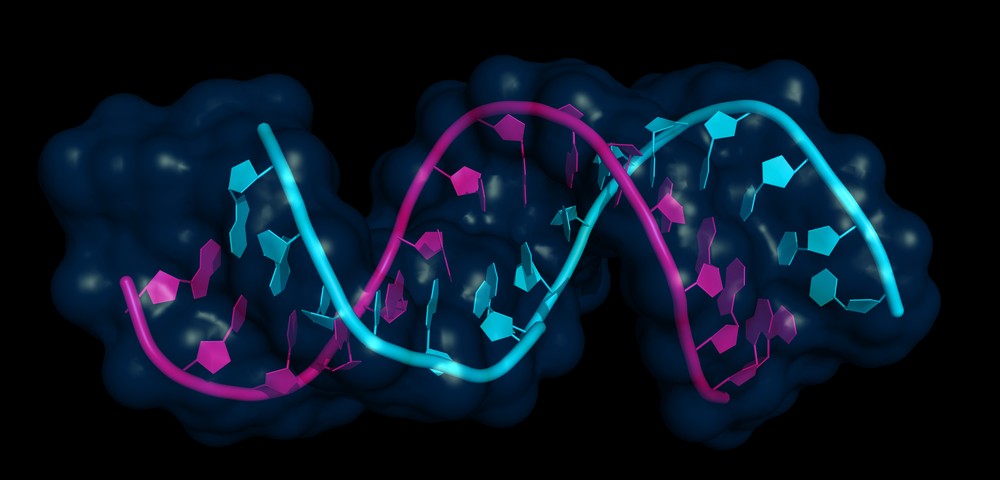Genomic profiling analysis of Sézary syndrome patients has revealed key mutations in genes essential to T-cell signaling and cell cycle regulation. The research paper from The Baylor College of Medicine and The University of Texas MD Anderson Cancer Center study is entitled “Genomic profiling of Sézary syndrome identifies alterations of key T cell signaling and differentiation genes” and was published in Nature Genetics.
Sézary syndrome is a type of cutaneous T-cell lymphoma (CTCL) characterized by extensive red and itching skin and rashes covering a large part of the body, with the presence of malignant lymphocytes in the blood and the development of tumors. Sézary Syndrome is a more advanced and serious form of mycosis fungoides. According to the Cutaneous Lymphoma Foundation, about 3,000 new cases of mycosis fungoides are diagnosed every year in the U.S, of which approximately 15% are diagnosed as Sézary syndrome.
In order to understand the origins and possible new therapies for this difficult-to-cure cancer, researchers analyzed the genome of 37 patients with Sézary syndrome, observing these patients’ present mutations in genes involved in cell cycle checkpoints and T-cell signaling, namely CCR4 and CARD11. The genes, whose inadvertent activation leads to the dysregulation of lymphocyte proliferation, were found to be mutated in nearly one-third of all analyzed patients.
Dr. David Wheeler, the corresponding author of the paper and a professor in the Baylor College of Medicine Human Genome Sequencing Center, commented on the strategy for development of new targeted therapies. In a press release, Dr. Wheeler said, “These kinds of studies are taking us to the doorstep of personal genomics. We are finding particular treatment targets in some of these patients — targets for which we already have drugs or for which we can develop them.”
The research group is already working on experimental drug candidates that target CCR4 mutations.
Importantly, the results showed that the gene ZEB1, encoding a transcription repressor essential for correct T-cell differentiation, was deleted in more than one-half of the patients. Genes IL32 and IL2RG were overexpressed in most cases and T-cell receptors Vβ and Vα were found to be rearranged in expanding malign T-cells, revealing the deep level of genetic mutations involved in Sézary syndrome and identifying potential new treatment targets.


